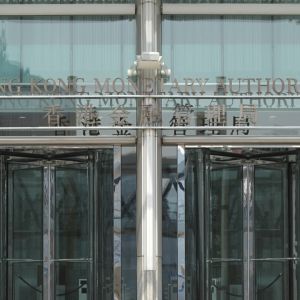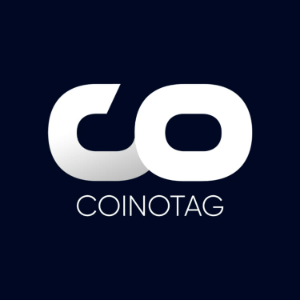Hong Kong to pursue criminal charges against unlicensed stablecoin activity from August
3 min read
From August 1, Hong Kong’s government will enforce a new crypto law that criminalizes the promotion and offering of unlicensed fiat-referenced stablecoins (FRS) to the public. The legislation was introduced through the Stablecoins Ordinance passed by Hong Kong’s Legislative Council on May 21. According to a public notice published on Wednesday, the new law grants the Hong Kong Monetary Authority (HKMA) powers to penalize crypto companies that do not comply. Violations will lead to fines of up to HK$50,000 (approximately US$6,300) and a maximum prison term of six months for individuals or entities found promoting or offering unlicensed stablecoins. Promotion without a license is a crime, HKMA says Under the new legislation, any individual or company that promotes, offers, or facilitates the transaction of a stablecoin referencing a fiat currency must be licensed by the HKMA. The law defines the digital assets as “specified stablecoins” and subjects them to oversight under Part 2 of the ordinance. Section 9 of the Stablecoins Ordinance makes it an offense to offer a specified stablecoin to the public in Hong Kong without proper authorization . Section 10 goes further to ban the advertising or promotion of any such activity. “ In accordance with Section 9 of the Stablecoins Ordinance, a person commits an offence if the person offers a specified stablecoin in Hong Kong without a licence or exemption ,” the Gazette filing states. Section 10 notes, “ It is an offence to advertise a regulated stablecoin activity or offering of a specified stablecoin unless licensed or exempted .” Under Part 6 of the ordinance, the Monetary Authority may impose sanctions on a regulated person, including fines or disqualification from holding executive roles in licensed entities. According to Section 133, those found guilty may be subject to “pecuniary penalties” payable to the government. The HKMA is mandated under Section 134 to take further administrative actions like issuing suspensions or revocation of licenses, depending on how severe the violation is. Public notice of such sanctions will be issued, as per Section 135, to ensure offending parties are exposed to reputational risks alongside legal consequences. 50 firms competing for limited licensing slots Bloomberg reported on Thursday that companies have begun submitting licensing applications to Hong Kong authorities, in preparation for the government-enacted August deadline. Sources close to the process told the publication that more than 50 firms are expected to apply beginning in August. Hong Kong financial watchdogs can only grant a fraction of these licenses. Among the applicants is state-backed brokerage institution Guotai Junan, which saw its shares surge by 300% after it received an extension to its banking license in June, allowing it to deal in digital assets. Also part of the submissions is ChinaAMC, one of the largest asset managers in Asia, recently launched a tokenized yuan money market fund that accepts subscriptions via stablecoins , even before any licenses were formally issued. Hong Kong’s regulatory opportunities The new licensing regime is part of the special administrative Chinese region’s plans to position itself as a digital asset hub distinct from Mainland China. In 2022, the city announced it would regulate crypto-related activities, contradicting Beijing’s crypto trading bans for the Mainland. Since then, Hong Kong has progressively opened regulated access for retail investors, including exchange-traded funds (ETFs) backed by Bitcoin and Ether. Licensed exchanges, custodians, and dealers have also begun operations under new compliance frameworks. “ Hong Kong will remain a testing ground for Greater China for tech firms or state-owned enterprises ,” Lily King, COO of digital custodian Cobo, told Bloomberg. KEY Difference Wire helps crypto brands break through and dominate headlines fast

Source: Cryptopolitan



